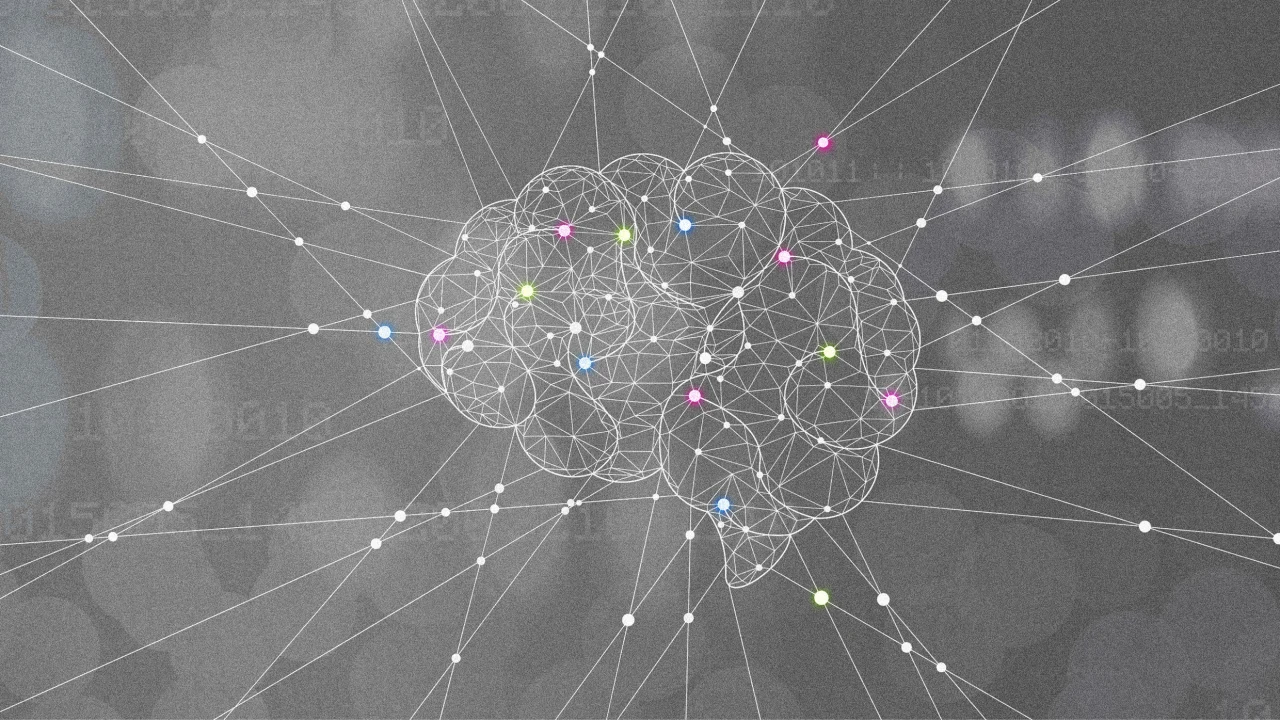Why adults with ADHD are 3x more likely to start a business

Adults with ADHD are 300% more likely to start their own business. That stat might surprise you. After all, ADHD is usually framed as a workplace liability, something to be “managed” or “accommodated,” at best. But look closer and a different story emerges.
This isn’t about ADHDers being bad employees. It’s about what happens when you take people with brains wired for innovation, energy, and creativity and put them in systems that reward compliance, not curiosity. We’ve worked with hundreds of ADHD adults and leaders across industries, and again and again we see the same pattern. Many don’t leave work because they can’t cope. They leave because they’re ready to lead.
Why Traditional Workplaces Push ADHDers Out
Let’s start with the obvious. Most workplaces are built around neurotypical brains. They rely on linear timelines, sustained attention, meetings that run on strict agendas, and policies over people. These structures tend to favour those who are wired to act based on importance: “I do this task because it matters.” ADHDers, by contrast, have interest-based nervous systems. We act when something grabs us.
This isn’t a weakness. It’s a different kind of wiring. But it means we often struggle to thrive in environments where we’re expected to push through boring tasks without stimulation, autonomy, or flexibility. Many of us end up masking our difficulties, overcompensating with perfectionism or people-pleasing. Eventually, we burn out.
Katie was diagnosed with ADHD in her 40s, after years of trying to hold it all together in a leadership role in education. She could never understand why tasks that seemed effortless to others felt impossible for her. Alex, by contrast, was one of the first children diagnosed with ADHD in the UK back in 1990. But even with a diagnosis, understanding how ADHD showed up in adult life, especially in professional contexts, took decades.
This mismatch between wiring and workplace is not just frustrating. It’s deeply disempowering. Which is why so many ADHDers eventually create their own rules by starting their own businesses.
Why Entrepreneurship Works for ADHD Brains
ADHDers often thrive in fast-paced, high-stakes, creative environments. These are exactly the kinds of conditions that entrepreneurial life can offer. Starting your own business allows for flexibility, urgency, spontaneity, and passion-led problem solving. You get to build systems that work for your brain, rather than constantly struggling to fit into someone else’s.
Many of the traits that get pathologized in school or corporate life, such as impulsivity, hyperfocus, risk tolerance, and non-linear thinking, are the same ones that make ADHDers natural entrepreneurs. We’re often great at big-picture visioning, rapid ideation, crisis problem-solving, and building deep, values-led connections with clients or audiences.
Of course, entrepreneurship also comes with challenges. Executive function difficulties don’t disappear just because you work for yourself. In fact, they can be magnified, especially without support. But when ADHDers have autonomy, interest, and the ability to outsource or collaborate around their weaker areas, the results can be extraordinary.
The Hidden Cost of Being Forced to Fit In
Many ADHDers don’t wake up one day and decide to become entrepreneurs. Often, they escape into it. They leave workplaces where they were misunderstood, micromanaged, or made to feel broken. They start building something of their own not just out of ambition, but out of necessity.
We’ve coached ADHDers who felt paralysed in open-plan offices, punished for needing movement breaks, or quietly passed over for promotion because they didn’t “look organized enough.” Others left high-paying jobs after burnout, only to discover that once they were in charge of their environment, their “disorder” started to look a lot more like a strength.
For women and marginalized genders, this story is even more complex. ADHD has long been underdiagnosed in women, in part because it doesn’t always show up in loud or disruptive ways. Many women internalize their struggles, masking them behind competence, caregiving, and overachievement, until something gives.
Entrepreneurship becomes a space not just of career growth, but of identity reclamation.
Rethinking Leadership, Neurodivergence, and Success
So what does all this mean for the future of work?
If organizations want to retain and empower neurodivergent talent, they need to rethink what leadership looks like. It’s not just about offering accommodations. It’s about redesigning systems with flexibility, autonomy, and human-centred thinking baked in. It’s about recognizing that some of your most innovative thinkers may not “look professional” in the conventional sense but are already solving tomorrow’s problems today.
And if you’re an ADHDer reading this, wondering if there’s something wrong with you because the nine-to-five grind just doesn’t fit, maybe the problem isn’t you. Maybe your brain was never meant to sit quietly in someone else’s system. Maybe you’re here to build your own.
That’s the core message of our book ADHD…Now What? Not to try harder or mask better, but to understand your own brain wiring through ADHD coaching and lead from it. Whether that’s in business, parenting, or life, ADHD coaching isn’t about fixing you. It’s about helping you do you, on purpose.
What's Your Reaction?
 Like
0
Like
0
 Dislike
0
Dislike
0
 Love
0
Love
0
 Funny
0
Funny
0
 Angry
0
Angry
0
 Sad
0
Sad
0
 Wow
0
Wow
0


























































































